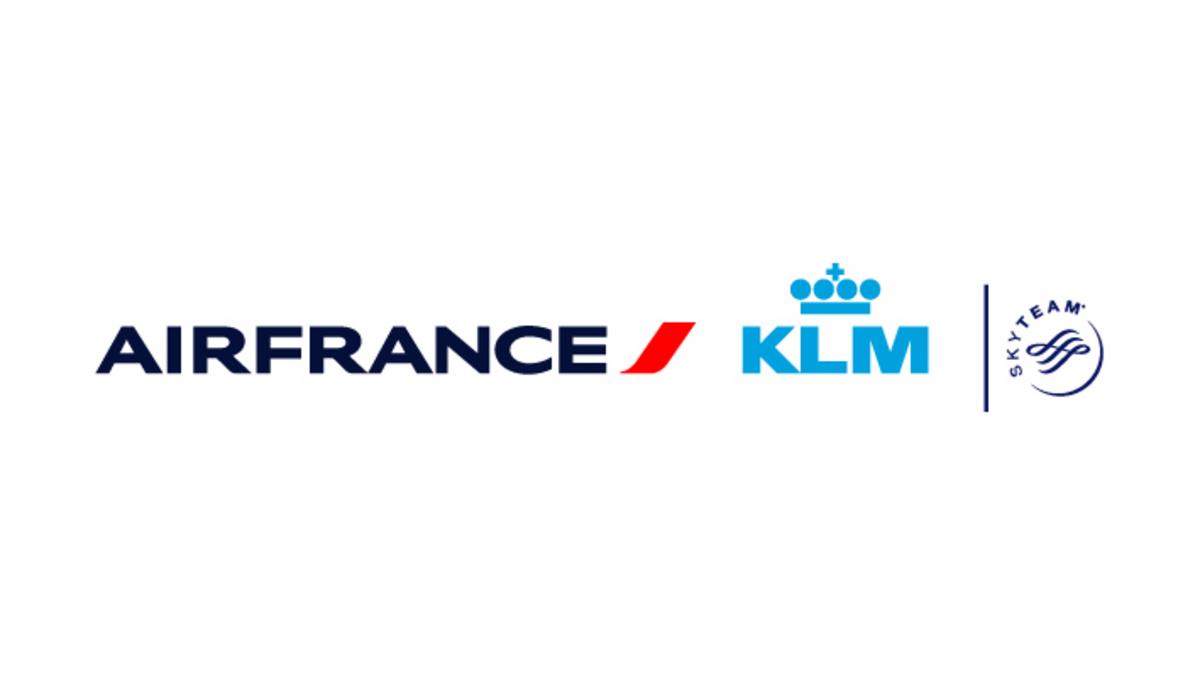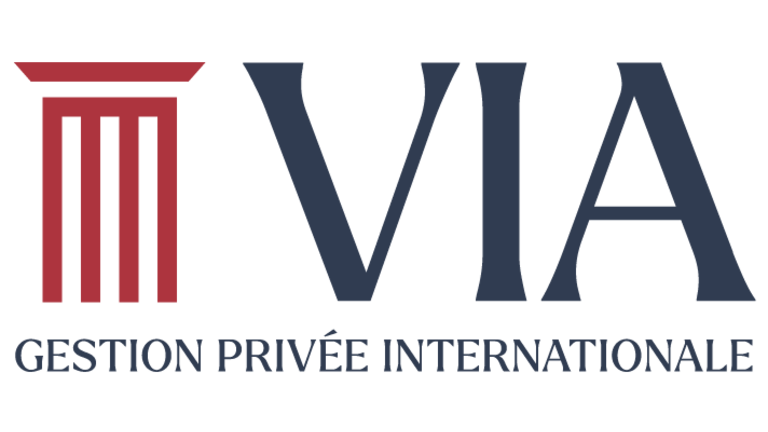Actualités • Membres
Flying Towards a Sustainable Future: Air France – KLM’s Commitment to Decarbonizing

In the face of today’s pressing climate challenges, sustainability has become both a commitment and a responsibility for Air France – KLM. As a leading international airline group, we are taking decisive action to reduce the impact of our operations. Central to this mission is our decarbonization strategy, our direct and indirect CO₂ emissions by 2030, compared to 2019 levels.
The sustainability strategy is built on four key pillars:
1. Fleet Renewal
The transition to a more modern fleet is one of the most impactful actions we can take. We are gradually replacing our aircrafts with new-generation models that are significantly more fuel-efficient and produce fewer emissions. By 2030, we aim to have 80% of our fleet composed of these new-generation aircraft.
2. Sustainable Aviation Fuel (SAF)
Sustainable aviation fuel is one of the key lever in reducing aviation’s carbon footprint. SAF can reduce CO₂ emissions by at least 65% over its entire lifecycle—from production to combustion—compared to conventional fossil-based kerosene.
Air France – KLM is committed to exceeding regulatory requirements. While the European Commission has mandated 6% SAF usage by 2030, our ambition is to use more than 10% across our global operations by the same year.
We also actively support SAF innovation and scalability:
- Mandatory SAF Contribution: Effective January 1, 2025, a SAF contribution will apply to all departures globally, helping fund the transition to cleaner fuels.
- Corporate SAF Program: Since 2019, this initiative allows our corporate customers to offset their business travel emissions (Scope 3) by investing in SAF, thus boosting demand and encouraging wider adoption.
3. Eco-Piloting Techniques
Operational efficiency is another important lever. Our pilots already use energy-saving flight techniques whenever possible. These include ;
- Optimized flight planning
- Speed and trajectory adjustments
- Efficient landing configurations
- Taxiing with a single engine
These measures contribute to measurable fuel savings and reduced CO₂ emissions across our network.
4. Intermodality:
Air France – KLM also embraces intermodality—the combination of multiple transport modes, such as rail and air—to optimize travel efficiency and reduce emissions.
SAF is currently three to four times more expensive than traditional fuel. However, with collaboration, and sustained investment, Air France – KLM is working to scale up SAF demand and supply—To work together to decarbonize our industry.


